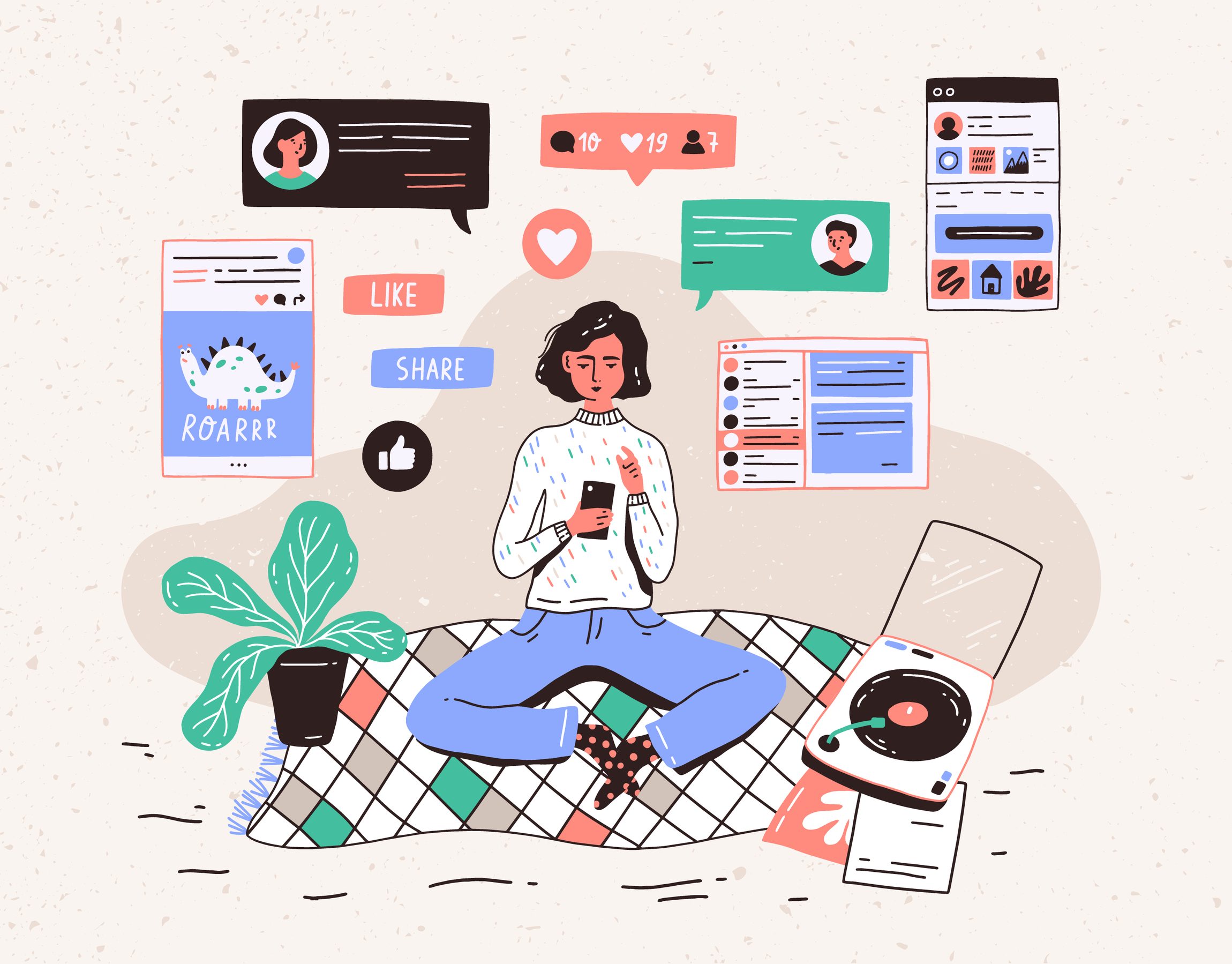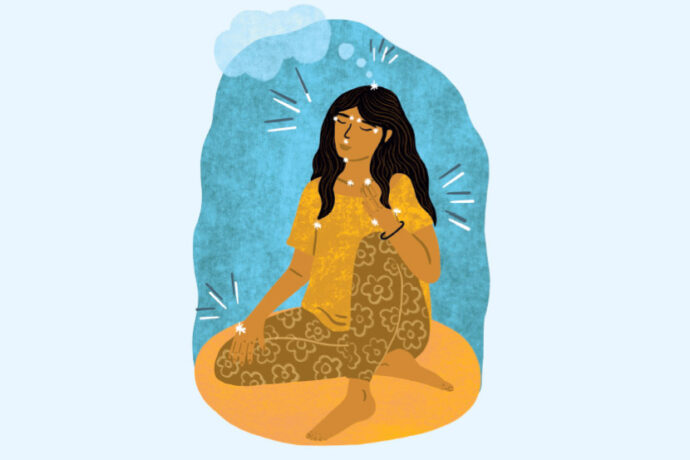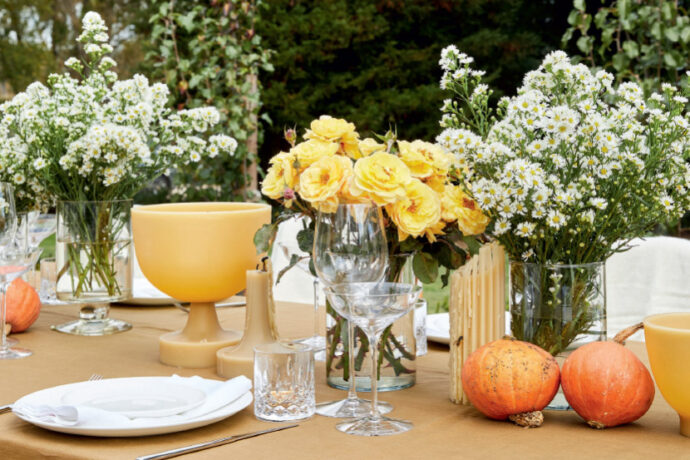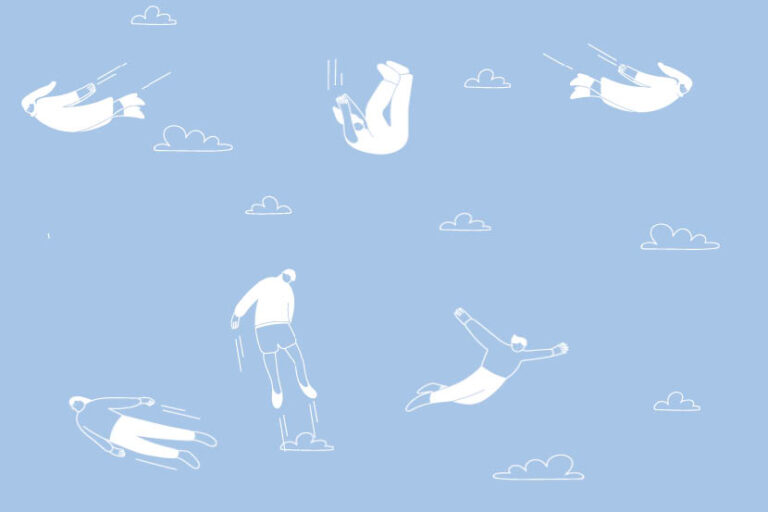
Many of us now spend over two hours a day on social media. Is it time to rethink our screen-time tendencies?
Remember when the word detox meant 48 hours of green juices or having a few weeks away from wine? These days it’s more likely to be associated with taking time out from technology. As phones, tablets, and computers become omnipresent, there are concerns about the impact screen time is having on health.
The 2019 Global Web Index flagship report into social media usage found digital consumers worldwide spend an average of two hours and 23 minutes every day on social media platforms like Facebook, Instagram, Twitter, and WhatsApp. And six in 10 global internet users say they are constantly connected online. This habit of being switched-on round the clock, always alert to the next notification, has been linked to stress, anxiety, and poor sleep. It’s also suggested that too much time spent on social media can increase feelings of loneliness and isolation, as people replace face-to-face human interactions with digital ones and compare themselves unfavourably with others online.
Now there’s a movement kicking back against this ultra-connection. People are taking breaks from their phones, snoozing their social media platforms and doing digital detoxes. Online wellbeing tools are becoming an industry trend, with myriad platforms providing features allowing users to monitor their screen time. Vancouver-based author and journalist Michael Harris has written about his own journey to a better relationship with technology. While working on his book The End of Absence, Michael took a 31-day break from the internet. He says there’s no true free time when you carry a smartphone – no daydreaming on public transport, humming in queues, or watching the world go by. Today’s rarest commodity might be the chance to be alone with your own thoughts.
‘Many app designers pay careful attention to Las Vegas and the addictiveness of slot machines,’ he says. ‘I’m in my late 30s and part of the internet-naive generation – we jumped in feet-first without stopping to think if our habits were healthy. Now people are starting to design their social-media diet based on what they need from it at that moment, rather than just passively digesting whatever it offers.
‘Detoxes are instructive, they shock the system into getting some perspective back. But it’s what you do with it next that really matters. It’s about taking an intelligent approach on a daily basis, such as making a lifetime commitment not to bring your phone into the bedroom. When I wake up, I reach for my husband rather than my phone. An alarm clock costs $10 and it changes your life. You elbow out the possibility of creativity and those eureka moments whenever you pick up your phone.’
Unchecked, the internet can be powerfully addictive. Tanya Goodin, a London-based speaker and podcaster, describes herself as a digital wellbeing evangelist. She founded the detox movement Time To Log Off, and in her books Off, Stop Staring at Screens, and My Brain Has Too Many Tabs Open she tackles internet addiction and the importance of striking a balance. Tanya advises having simple rules for when and how you use your phone.
‘One easy step for a lot of people is to reclaim commuting,’ she says. ‘In the average train carriage or bus, everyone is staring down at their phones. Try reading a book or staring out of the window instead. We weren’t designed to be switched on all the time – our minds need breaks.
‘Developing a better relationship with social media is about setting boundaries. Personally, if I’m in a one-to-one conversation with someone, I make sure my phone is out of sight, in my bag at my feet and not on the table or desk. I also don’t take it into the bathroom, and I have phone-free food time, so it isn’t with me while I’m eating. At home I practise what I call untethering – instead of carrying my phone around the house with me, I have a set place where it belongs, in the same way that you have a home for your shoes or your kettle. If you want to check your phone, you have to go to that place to look at it. If you live with your family, you could put all your devices together in a phone station or basket.’
Some people choose to go cold turkey, logging off the internet and banishing their phones while they’re on holiday or working on a project. For others, setting new guidelines for more mindful usage of social media can be enough to reset the balance. However you do it, experts agree that the benefits are wide-ranging.
As Tanya puts it: ‘If you’re running out of ideas, then take a break from your phone and allow yourself to be bored. Create a blank sheet of paper in your mind, instead of filling your head 24/7, and see where it leads you.’


















